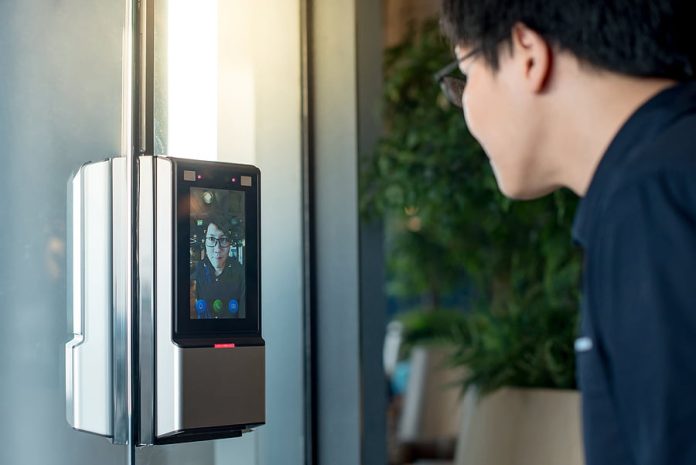Electronic security has been in the throes of its customers’ digital transformations for many years, yet for some businesses, the process remains incomplete. Now the COVID-19 pandemic provides a catalyst for businesses to press forward with digital transformation based on something that is increasingly clear: it provides real value by enhancing flexibility in a way that bolsters business continuity.
Digital transformation can be hard to pin down – perhaps that’s why so many attempts at achieving it spectacularly fail. There’s too little budget, planning is inadequate, operational outcomes are opaque, there’s no buy-in from stakeholders, the process of transformation has unbridgeable flaws, or the transformation does not noticeably lead to enhancements in value.
Another challenge is that an overarching digital transformation can apply to almost every layer of business, from carpark entry, through to analytics reports, energy management, system maintenance, as well as the way staff access data and software services they need to handle business operations. Synthesizing all these layers into an holistic ‘digitally transformed business’ while retaining a sense of value is not easy.
But one of the great things about electronic security solutions is that they are at the top of the pile of transformation and automation solutions that can deliver clear value when properly applied. It helps that there’s nothing mundane about a clever video analytic, or a face recognition application, or the ability to manage systems with serious crime fighting agency from the other side of the planet.
Some of the central elements of digital transformation are services and technologies we are all very familiar with: Cloud, software as a service, anything as a service and automation, not only on a large scale but on a small scale, too. This has ramifications for electronic security providers, because so many of our systems feed into it.
Automation might be automatic payments, automation of access control reporting, automation of processes using video analytics, automation of lighting and air conditioning control, simplification of access to security solutions and devices from apps and browser portals, event notifications that don’t require attendance, network and device health reports and plenty more.
The idea with automation is to reduce manual touch counts in order to enhance efficiencies but there’s more to it. A solution that to a large extent self manages its own upgrades and health, increases functionality, increases efficiency and enhances its core service offering – in the case of electronic security solutions, it increases security levels wherever applicable.
Many security solutions also feed into the notion of agile operating models that mesh with real operational demands. They free up staff from time consuming labours; make processes they manage more reliable, more efficient and more effective; and as far as possible, are futureproof. Even at the shallow end of this discussion it’s possible to see that applying these sorts of principles across an entire organisation at every layer is a serious challenge. But balancing out this challenge in 2020 is the COVID-19 pandemic.
Digitally transformed businesses have proved much more resilient in this time of severe stress. A business built around powerful networks, remote data centres, pointy software platforms constantly evolving in efficiency and capability, with considerable automation and remote oversight of services and supply chains – a business that allows staff to access software services and data they require from wherever they are – is a business that will better survive anything thrown at it.
It’s generally argued that there are 4 types of digital transformation, including business process, business model, domain, and cultural/organizational. One of the reasons many digital transformation projects fail is that they focus on one area, instead of a ground-up rebuild. Piecemeal digital transformation is a bit like putting a blue-printed 253 V8 engine into a Ford Escort and complaining about oversteer. If you want an integrated experience of high performance, you need to start with the wheels and work up.
With electronic security, while our solutions might on the surface feed into business processes, at a deeper level they engage with business models, domains and organisational changes, all of which are equally vital to successful digital transformation implementation. These factors are so vital they should be incorporated into electronic security culture and should flow into system planning, system design, management solutions, technology applications and sales techniques.
This latter is because networked electronic security solutions are part of something larger that’s pouring through the world’s business ecosystems and will flow in ever greater volumes as it becomes clearer and clearer that digital transformation is not about the next new thing, it’s about business survival, and there’s nothing more compelling than that.
#sen.news









